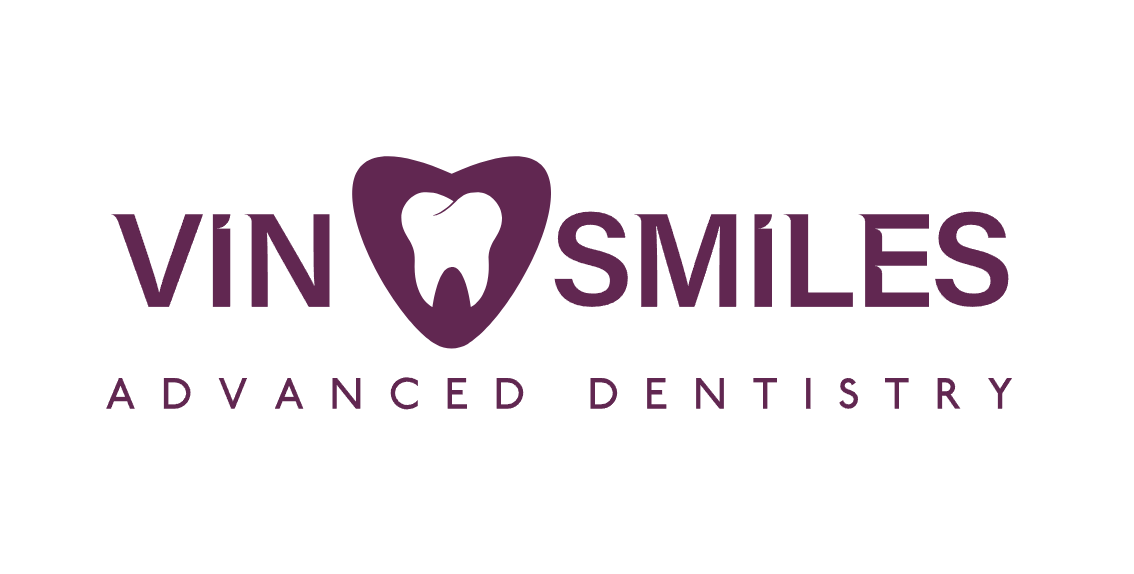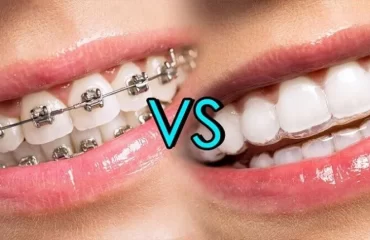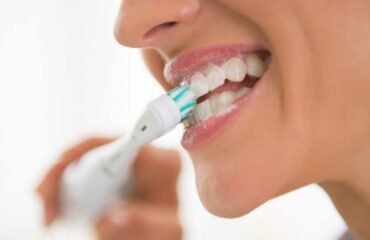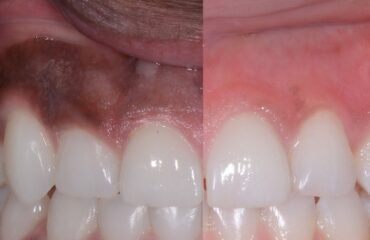 BRUXISM What is bruxism?Bruxism is a condition in which you grind your teeth and clench your jaw, either while awake or asleep. It is most commonly associated with stress, anxiety, and anger, but can also be caused by certain medications, other medical conditions (e.g. sleep apnea), an aggressive personality type, and young age. Since bruxism can occur at night, when you are not aware of it, it is important to know the symptoms and get routine dental check-ups to prevent complications.Symptoms Symptoms of bruxism include:
BRUXISM What is bruxism?Bruxism is a condition in which you grind your teeth and clench your jaw, either while awake or asleep. It is most commonly associated with stress, anxiety, and anger, but can also be caused by certain medications, other medical conditions (e.g. sleep apnea), an aggressive personality type, and young age. Since bruxism can occur at night, when you are not aware of it, it is important to know the symptoms and get routine dental check-ups to prevent complications.Symptoms Symptoms of bruxism include:- Sensitive teeth
- Worn-down teeth
- Fractured enamel
- Broken teeth or dental work
- Facial pain
- Jaw pain and stiffness
- Headaches
- Earaches
- Complaints from your partner about grinding sounds
- Damage to your teeth and dental restorations
- Receding gums
- Bone loss
- Disorder of the Temporomandibular Joint (TMJ)
- Arthritis in your jaw
- Eating disorders
- Involuntarily grinding your teeth or clenching your jaw when you’re angry, anxious or concentrating
- Headache, earache or facial pain after waking up
- Pain or stiffness in the jaw or jaw joints (TMJ)
- Teeth feel painful or sensitive to temperature
- Teeth are worn, damaged or feel loose
- Bites on the tongue or inside of the cheeks
- you often feel angry, anxious or stressed
- you smoke or consume alcohol or caffeine
- you have missing teeth or an uneven or misaligned bite
- you have a sleep disorder such as obstructive sleep apnoea
- you have certain medical conditions, including cerebral palsy, dementia, epilepsy, gastroesophageal reflux disorder (GERD) or Parkinson’s disease
- you take certain drugs or medications, including antidepressants, antipsychotics or illegal drugs such as cocaine
- you have a family history of bruxism
- Chipped or cracked teeth
- Worn or flattened teeth
- Broken fillings, crowns or other dental restorations
- Temporomandibular joint (TMJ) dysfunction
- Tooth loss
- If you think you or your child might have bruxism, make an appointment with your dentist. They will ask about your symptoms and examine your teeth for signs of wear and damage.
- They will then discuss appropriate treatments to address the cause and symptoms of bruxism, based on your individual situation. They may also recommend treatments for other problems related to bruxism, such as TMJ disorders or damaged teeth.
- Depending on the cause of bruxism, treatment options may include:
- biofeedback
- cognitive behaviour therapy
- hypnotherapy
- meditation
- improving your sleep routine
- getting plenty of exercise
- avoiding caffeine and alcohol in the evening
- trying to avoid situations that cause stress and anxiety
- keeping up with your regular dental check-ups so your dentist can monitor your progress




